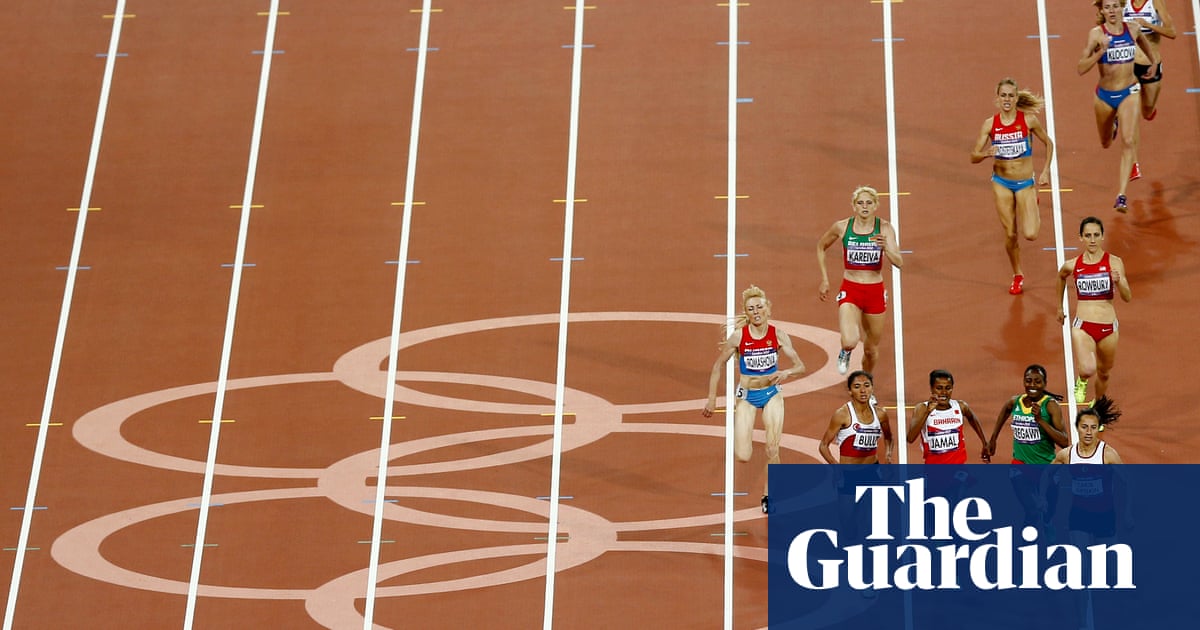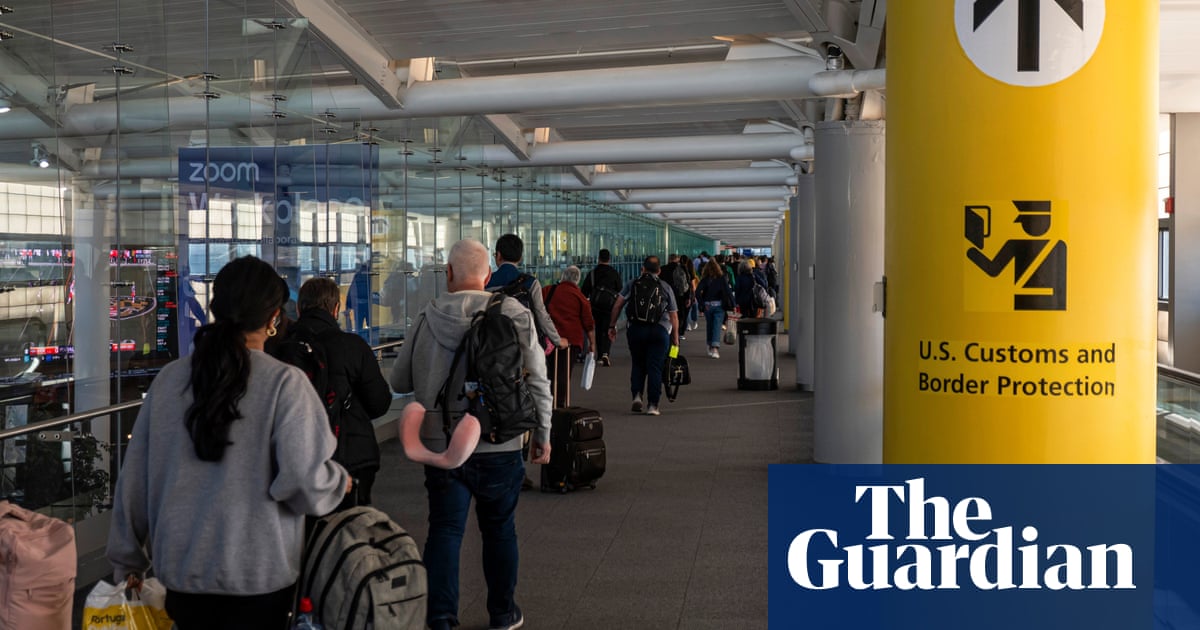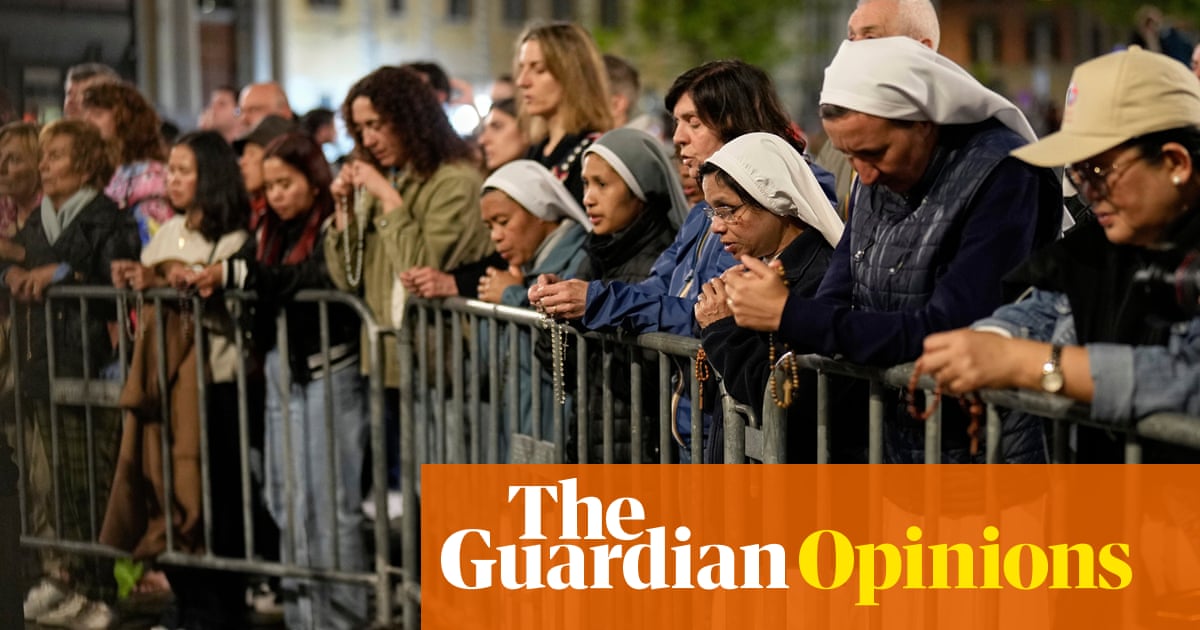Changes must be made to the way court cases are prioritised, barristers and victims’ advocates have said, with some trials already being scheduled into 2028.
The existing system means judges must schedule trials for defendants who are held in custody within six months of arrest unless a legal application is made, regardless of the severity of their alleged offence, while those on bail have no set time limit. This means victims of serious crimes including rape face years-long waits for trials, while less serious crimes are bumped ahead in the queue.
Mary Prior KC, chair of the Criminal Bar Association, said the system was formed before the current problem of backlogs. “If someone is supplying drugs but is in custody, that case will take priority over a case where someone is a victim of burglary, fraud or rape and the perpetrator is on bail,” she told the Observer.
There is a record backlog of court cases in the UK. About 73,000 trials were unheard at the end of September, according to Ministry of Justice figures. In November, the chief inspector of the Crown Prosecution Service and Serious Fraud Office, Anthony Rogers, said the backlog of cases in crown courts in England and Wales could hit 100,000 unless radical action was taken to overhaul the criminal justice system.
Prior said the current system of prioritisation was causing victims of traumatic crimes to “walk away” from prosecutions, meaning perpetrators go free. Trials taking place years after incidents also face difficulties with witness evidence as memories fade.
“The government is going to have to come up with something because the system is at breaking point,” she said. “We need to have a conversation about priorities. It’s very hard to explain to a victim of rape why her case is being adjourned because someone who has supplied class A drugs is remanded in custody and gets priority over them.
“If we’re going to be serious about the government’s pledge to halve violence against women and girls, then their cases are going to have to be a priority.”
During the election campaign, Keir Starmer pledged to halve violence against women and girls in a decade.
Judges are charged with making decisions on how to prioritise cases, but Prior said the overarching legal framework was a “matter for the government” and called for a new strategy.
The Lady Chief Justice, the head of the judiciary of England and Wales, has commissioned a review of best practice for case listing that is expected to report back this week.
Speaking at her annual press conference on Tuesday, Lady Sue Carr said: “Judges have been working their socks off trying to get through the extraordinary level of backlogs that we are seeing and it is an art, not a science, to try to identify what should properly go in lists.
“There may be some headline themes that we can roll out nationally to promote consistency while preserving fairness and flexibility.”
Claire Waxman, the Victims’ Commissioner for London, said listing practices vary significantly between courts and that some were listing rape cases as “floaters” that get repeatedly moved.
“Action is needed to ensure a consistent approach to listing that prioritises vulnerable victims who may otherwise withdraw from the process,” she said.
“If justice is to be done and the public kept safe from dangerous offenders, we need victims to stay engaged and that means cases coming to court as quickly as possible”.
The Victim Support charity called for the use of floating trials, which are more likely to be rescheduled at the last minute, to be stopped for cases where victims have suffered serious harm, including sexual offences.
after newsletter promotion
Simon Ketteridge, the charity’s director, added: “We strongly welcome this much-needed scrutiny on listings in criminal cases. A key priority must be addressing the numerous adjournments that victims face. These delays cause significant stress, anxiety, and even panic.”
The Lady Chief Justice said delays were “toxic to the administration of justice”, causing victim drop-out, evidential issues and difficulties for barristers who cannot be paid for their work until cases end.
She also raised concern that increasing numbers of defendants could be denying crimes in the hope that cases will fall apart before trial.
Official figures show that between the most recent quarter and the same period before the Covid pandemic in 2019, guilty plea rates for all trials in England and Wales fell from 68 per cent to 64 per cent. Guilty pleas for sexual offences have dropped from 44 per cent to 35 per cent and the figure for adult rape has gone from 24 per cent to 14 per cent. A higher proportion of defendants are also pleading not guilty to violent crimes, theft, drug offences, weapon possession and criminal damage.
In December, Charlie Taylor, the chief inspector of prisons in England and Wales, also warned that the backlogs were causing some innocent people to plead guilty to avoid facing lengthy waits in jail for a trial.
The government has commissioned an independent review of the criminal courts which will look at potential “structural changes” to reduce delays. A Ministry of Justice spokesperson said: “This government inherited a record and rising courts backlog – that’s why we’ve asked Sir Brian Leveson to propose once-in-a-generation reform to deliver swifter justice for victims.
“While courts listing is a matter for the independent judiciary, we’ve already funded an additional 2,500 sitting days, raising court capacity to the highest in almost 10 years and are committed to working with our partners to deliver longer-term reform.”

.png) 2 months ago
17
2 months ago
17













































